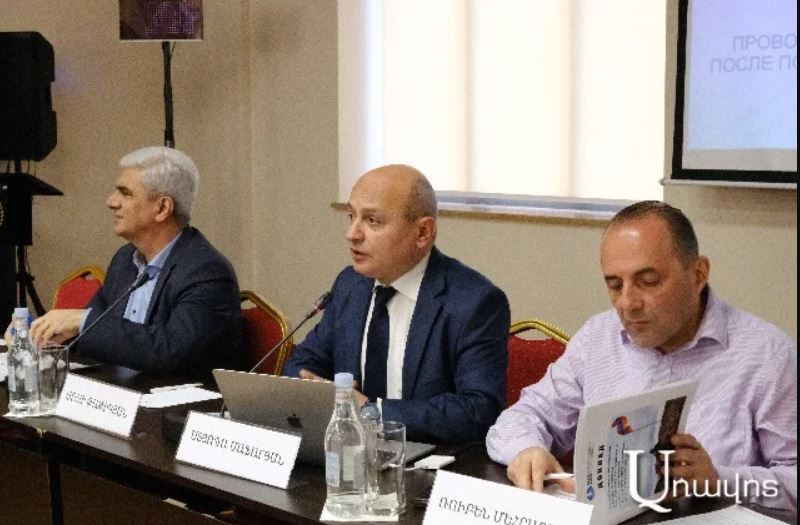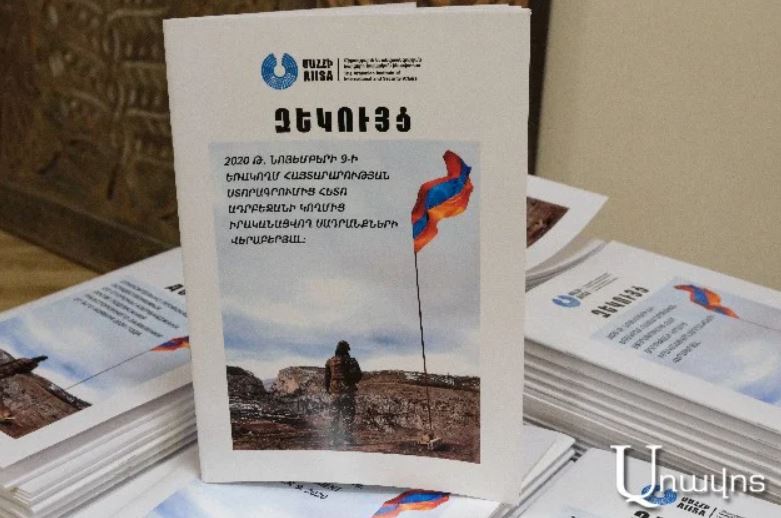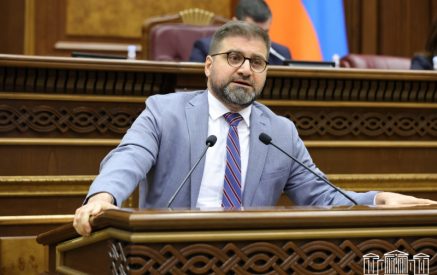On April 4, the Armenian Institute for International Security presented a report to the public and international partners on the provocations carried out by Azerbaijan against Artsakh and Armenia after the signing of a trilateral statement on November 9, 2020, which includes the period until December 31, 2021. During this period, the enemy carried out 77 provocations in the border areas of the RA and Artsakh, in the zones of agricultural significance, violating the provisions of the trilateral statement. As stated by Styopa Safaryan, the founder of the National Academy of Sciences, political scientist, as a result of these provocations, a total of 24 people were lost, 28 were killed, 40 were wounded, and 86 were taken prisoner.
According to Styopa Safaryan, the provocations were targeted – mass burning of pastures; destruction of pastures in the RA sovereign territory of the Republic of Armenia; capture, wounding, and murder of soldiers; shooting at civilian settlements; targeting civil property; kidnapping; attempted kidnapping; physical injuries; attempts to capture citizens; terror; invasions into the territory of Armenia; shelling of Armenian positions; and attempts at positional advancement in the sovereign territory of the Republic of Armenia.
Styopa Safaryan mentioned in the report the goals of the mentioned actions of Azerbaijan, creating problems along the sovereign borders of the Republic of Armenia, removing the issues of the Artsakh conflict from the agenda, asserting the Azeri approaches to the “peace treaty,” according to which Azerbaijan imagines Artsakh only within its own territory. It forces Armenia to provide a “corridor” connecting Nakhichevan with Azerbaijan and imposes the demarcation-delimitation process without the use of de-escalation measures. According to Styopa Safaryan, the five-point proposals sent from Azerbaijan to the Armenian side speak about the mentioned final goals. “The situation can be much more frightening because the provocations of Azerbaijan are not only aimed at influencing the political will of official Yerevan, but they also want to catch a loophole to implement by force the issues, which, in their opinion, Armenia is resisting.”
Read also
Luiza Sukiasyan





























































